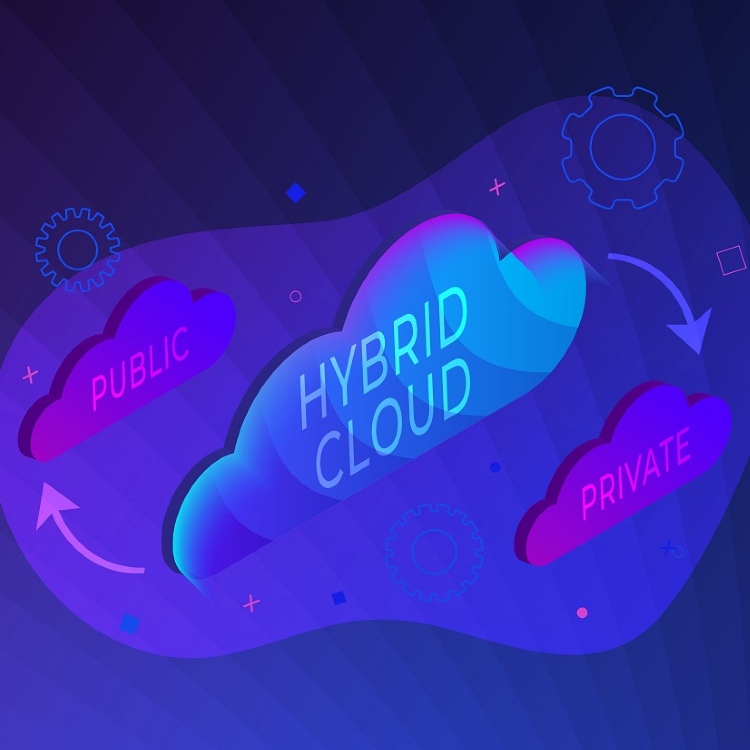The risk? Over-complication. When complexity increases, risk and cost increase, too. Just check out the graph above.
Mitigation strategy: Create an abstraction layer between complex systems and your users by automating management and monitoring. This will minimize the cost of multi-cloud maintenance and provide an improved operational experience.
Compliance and legal risks – Does the industry regulate data storage and security? Those operating in healthcare, financial services or government – or any organization that accepts credit card payments – may be subject to data regulations. For example, HIPAA requires all healthcare providers to protect patient data confidentiality. Similarly, PCI DSS requires any business that accepts credit cards to safeguard customer data.
Outsourcing the processing or storage of regulated data essentially means relying on a third-party provider to maintain compliance. What’s more, if a breach occurs that impacts a cloud storage provider, your company may be liable.
Mitigation strategy: Know your compliance requirements and be diligent. Understand your responsibilities and do not hand protected data to a third-party provider without ample research and deliberation. Cloud storage is a hugely beneficial technology – but it isn’t for all organizations.
Lack of control – Traditional, locally hosted services give businesses total control over the various features and settings. If you want to change the service, you can. If you want to keep it the same, you can.
When you use a cloud service provider, on the other hand, you are more or less at their mercy. They are ultimately in the driver’s seat. The features you use today could cost double next year – or worse, no longer exist. You may be forced to pay up if your customers or staff rely on the service. If your business experiences a significant roadblock and you can’t pay your bill, what happens? Will the provider hold your data hostage until you have sufficient funds? Maybe. Maybe not. The ball’s in their court.
Mitigation strategy: Understand the agreement terms of a chosen service provider. Beyond that, recognize that no form of data storage or computing infrastructure is 100 percent safe. Yes, a cloud computing provider may close up shop tomorrow, but a company’s office could burn down in a freak accident, too. It’s about weighing up the risks and taking the pros with the cons.
Michael Brenner is a keynote speaker, author and CEO of Marketing Insider Group. Michael has written hundreds of articles on sites such as Forbes, Entrepreneur Magazine, and The Guardian and he speaks at dozens of leadership conferences each year covering topics such as marketing, leadership, technology and business strategy. Follow him @BrennerMichael.
© 2020 Nutanix, Inc. All rights reserved. For additional legal information, please go here.





